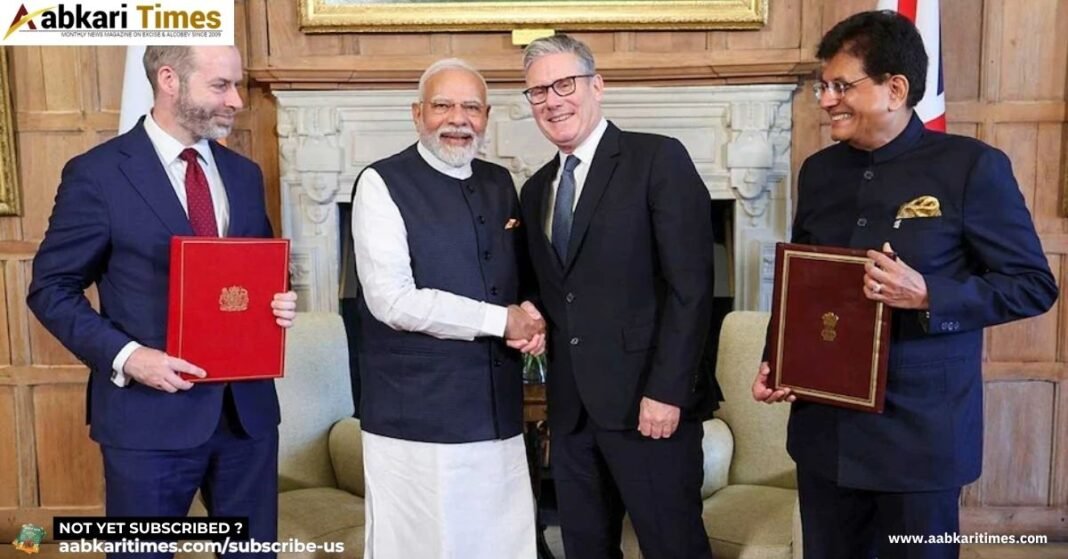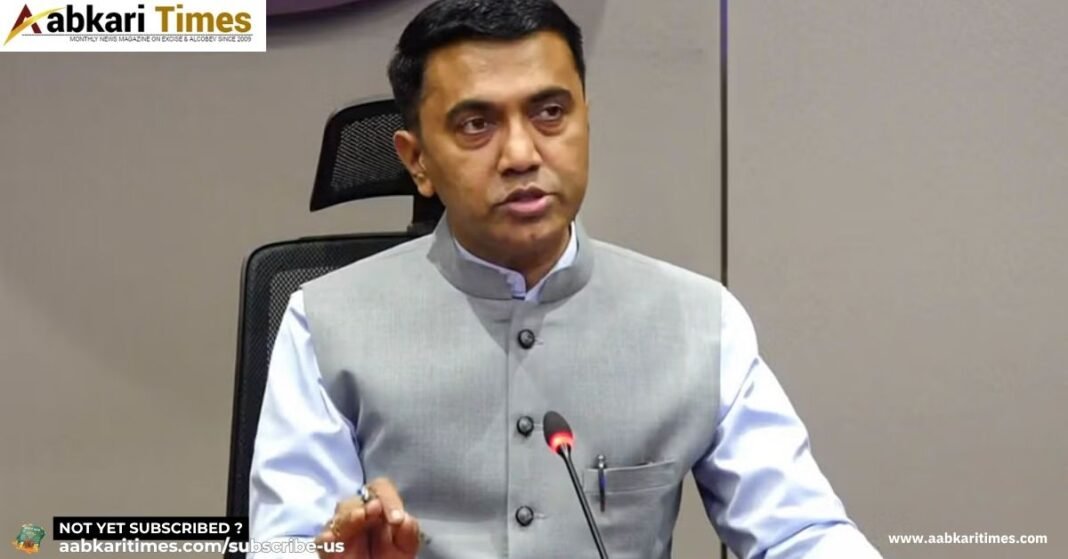India’s massive liquor market is in for a major shakeup. Thanks to the India-UK Free Trade Agreement (FTA), the import duty on Scotch whisky and gin has been slashed from 150% to 75%—with further cuts to 40% over the next 10 years. This move opens the door for more affordable premium international spirits in India, but also brings new challenges.
Big Opportunity, Cautious Optimism
Radico Khaitan’s MD, Abhishek Khaitan, hailed the move as a big growth opportunity, expecting major cost savings in Scotch imports. He believes it will speed up the premiumisation trend and encourage international partnerships.
However, the benefits aren’t just for imported bottled spirits. As Nita Kapoor, former CEO of ISWAI, explained, more than 90% of imported alcohol comes in bulk. This bulk Scotch is crucial for many Indian-made foreign liquor (IMFL) brands and smaller bottling businesses. For them, reduced tariffs mean better margins and improved product quality.
Red Tape Could Spoil the Party
Even with lower import duties, experts warn that India’s complex and fragmented excise system could limit the FTA’s impact. Each state has its own rules, most alcohol sales are still offline, and strict advertising laws make it hard for brands to connect with consumers.
This means global brands looking to enter or expand in India will still face regulatory hurdles, despite the lower tariffs.
Indian Brands Are Fighting Back
Domestic liquor companies aren’t staying quiet. Many are using the lower bulk import costs to improve their products and move further into the premium segment. According to Mokksh Sani of Cartel Bros and Living Liquidz, Indian players are now focusing on craftsmanship, premium branding, and storytelling to stay competitive.
They’re also calling for protective measures like minimum import pricing, better monitoring of transactions, and fair access for Indian spirits in UK markets to ensure a level playing field.
Market Reaction and What’s Next
Investors initially reacted with concern. Shares of Radico Khaitan and Som Distilleries dipped due to fears of stiff competition in the premium category. But some experts say this is a short-term reaction.
Ankur Sachdeva of Uppal Brewers & Distillers believes Indian brands are ready to compete globally and that the FTA will encourage innovation and exports.
Abhishek Modi of Modi Illva warned that price cuts may not happen immediately. Rising costs and currency issues could keep prices high, even with lower duties. However, he expects the increased competition to lead to better transparency, quality, and consumer choice in the long run.
Final Takeaway
The FTA is a game-changer, but it’s not a silver bullet. While cheaper imports are expected, success will depend on reforms in state-level regulations, smarter branding, efficient supply chains, and fair global trade practices. The next few years will show which brands—Indian or international—can adapt fastest and win over Indian consumers.















